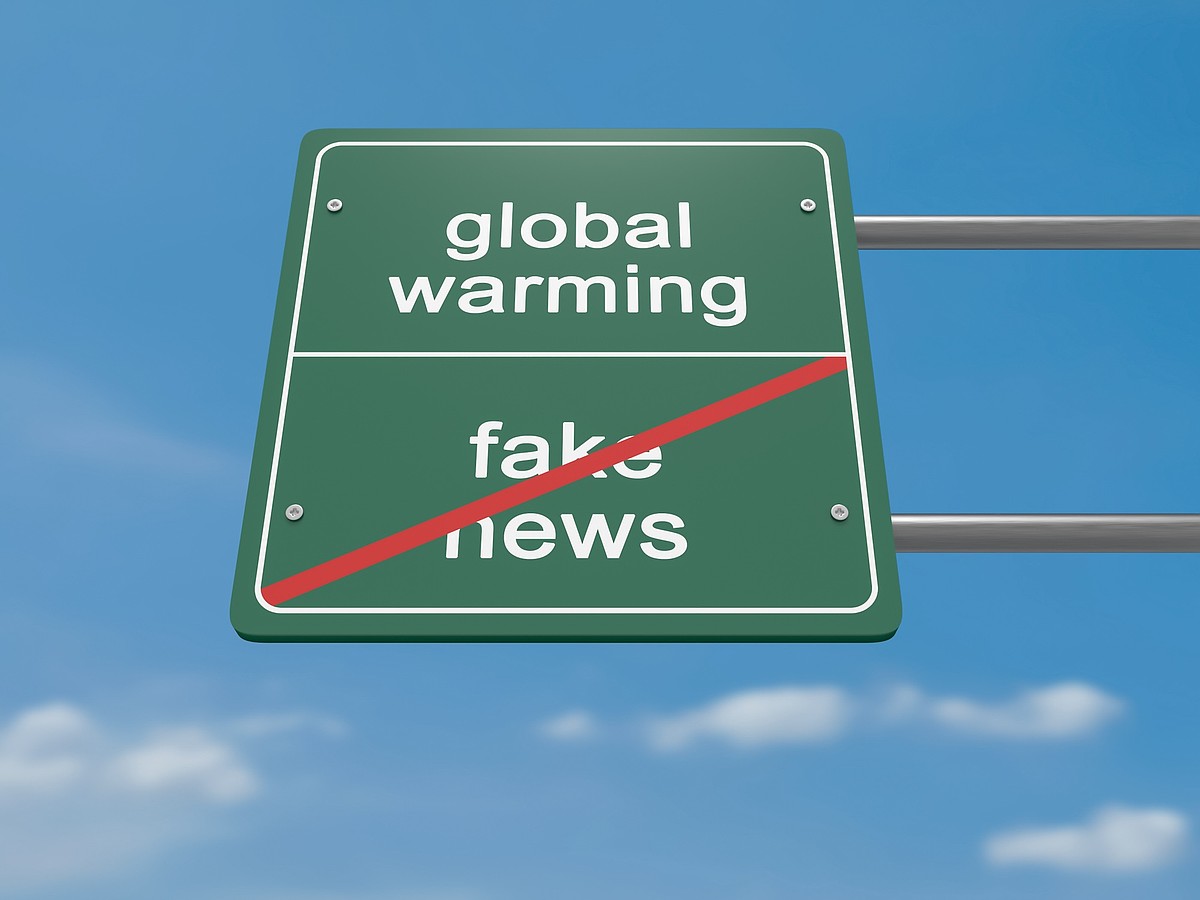I don’t often use AI, but I made an exception over the weekend when severe storms were expected and schools announced closings for Monday. The report echoed weather reports of a few weekends ago, when 60 tornadoes (and the resulting 40 deaths) came close to us. Was this the new norm?
I couldn’t resist going to my computer and asking AI if this weather was unusual. Here is the AI response: “Yes, Chattanooga’s weather has a high risk of severe storms, including damaging winds, tornadoes, and large hail …” Unnerved, I asked a native Chattanoogan friend what she thought about our unusual weather.
“There was nothing like this growing up,” she said. “These severe storms and tornadoes are relatively recent. Same for Alabama, Kentucky, Louisiana and Mississippi.”
When I murmured, “Climate change is real,” we both nodded in agreement.
Agreement that climate change is real is growing. Earlier this year, the Yale Program on Climate Change Communication published results of a survey on global warming. The national average of believers in global warming is 72%. And 71% of those surveyed worry about the effects on future generations. Some may doubt that the global warming is caused by human action, but even before these storms, 75% of respondents supported funding research into renewable energy.
Unfortunately, the EPA announced that it’s starting the process of undoing 31 environmental regulations. Check out these media blasts: “Trump administration aims to eliminate EPA’s scientific research arm,” “EPA cancels climate grants, intensifying battle over $20 billion,” “Climate group (Breakthrough Energy) funded by Bill Gates slashes staff in major retreat,” and “Trump has fired the scientists who monitor the ocean.”
Does the EPA have regrets over these changes that put our planet at risk? Hardly. This is what EPA Administrator Lee Zeldin wrote in the Wall Street Journal: “By overhauling massive rules on the endangerment finding, the social cost of carbon and similar issues, we are driving a dagger through the heart of climate-change religion.” Supposedly, this “kill” will usher in a new Golden Age.
That “climate-change religion” phrase is intended to demean and is part of the new goal to dismiss the many religious leaders emphasizing our responsibility to take care of the planet. One of my favorite climate-change religious leaders is the Rev. John Pawlikowski, who reported how the Chicago Council of Global Affairs in 2019 brought together 51 mayors and staff to develop a flexible mayoral covenant on climate change.
Four years later, Pawlikowski wrote about the 28th United Nations Climate Change Conference (COP28) where governments discussed how to prepare for future climate change, including transitioning away from fossil fuels. But given the complex politics over the COP28, which was controversially held in oil-rich Dubai, it’s obvious that our planet’s stability is in the hands of a small group of rich entrepreneurs and their political supporters.
We must remain strong and persevere. Religious leaders and community organizations must come together, regardless of one’s political party affiliation. Reject the “hoax” conspiracies. Let’s embrace our responsibility to protect the future of this planet and ourselves. If not us, then who?
Contact Deborah Levine, an author, trainer/coach and editor of the American Diversity Report, at Deborah@ AmericanDiversityReport.com.
